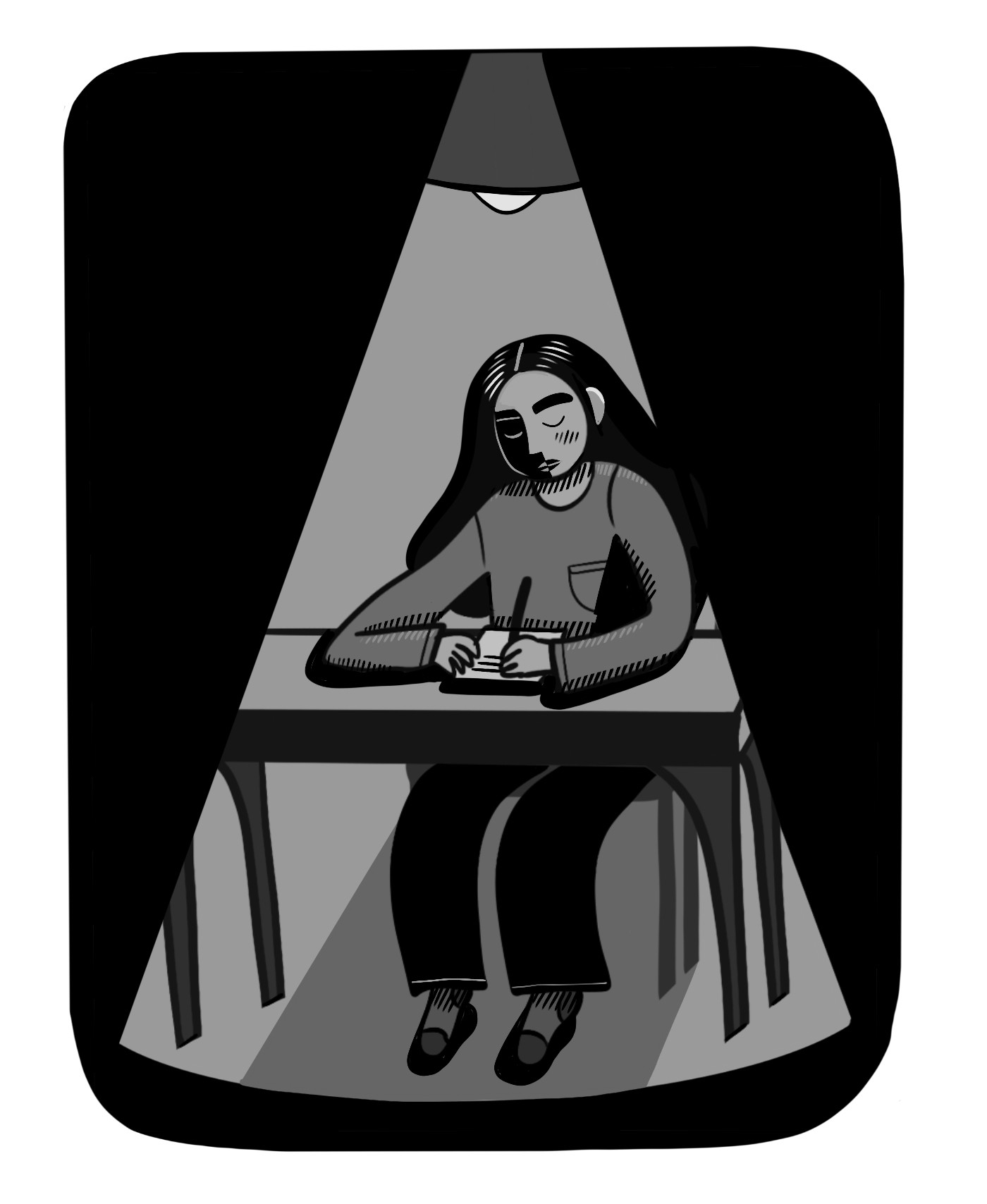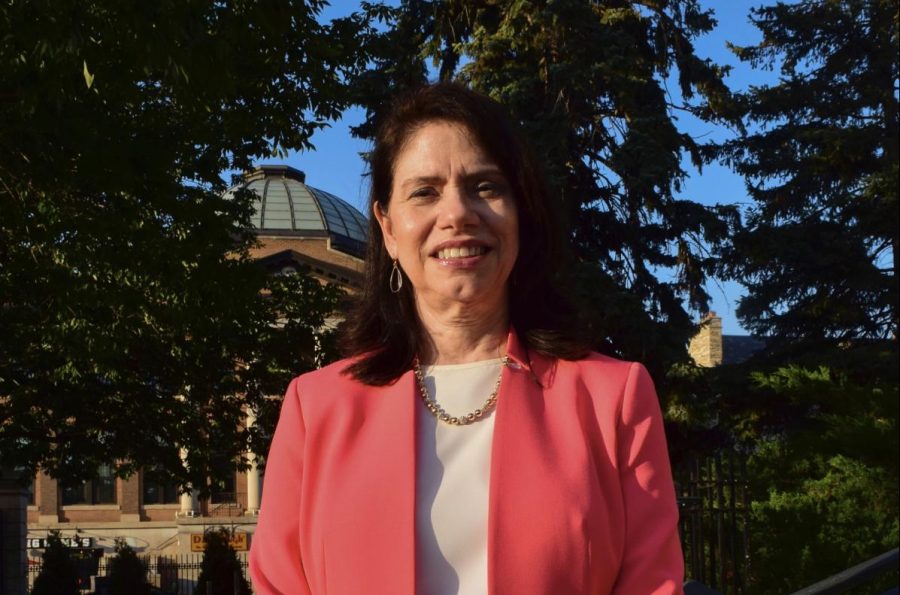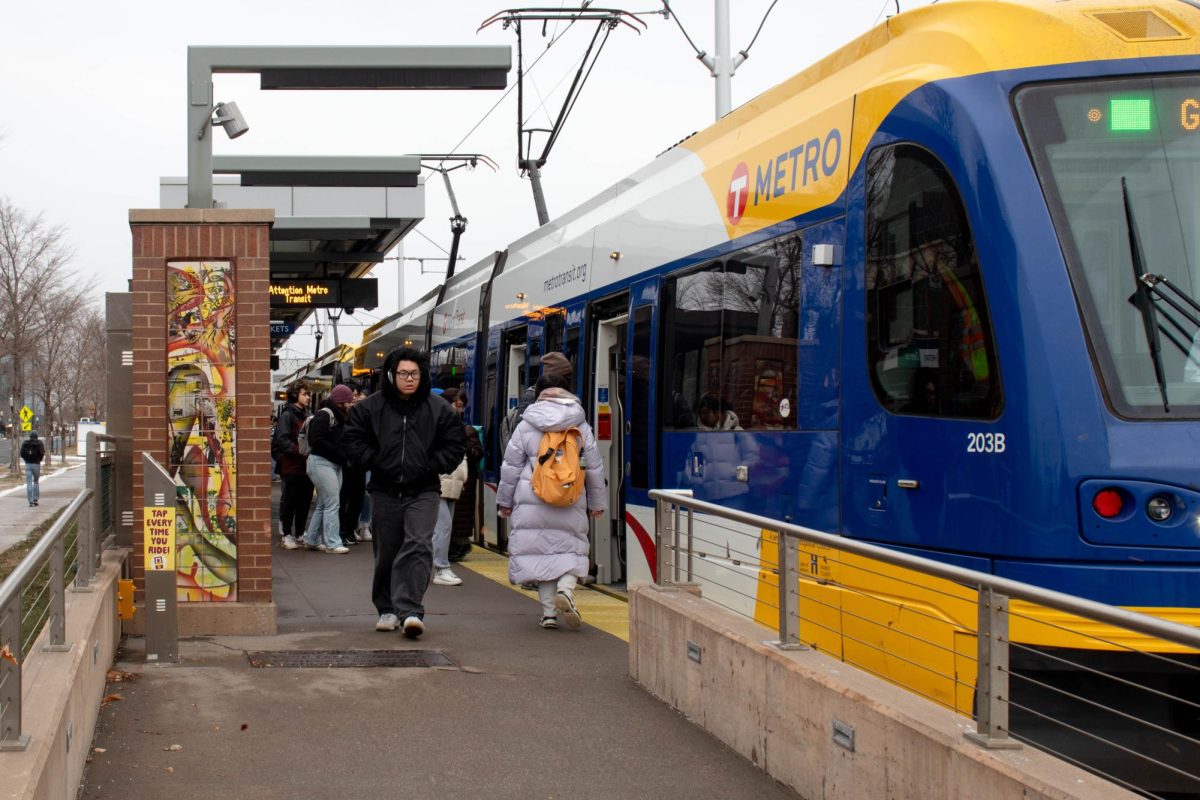Following Gov. Tim Walz’s stay-at-home order, many University of Minnesota students have chosen to move back home, meaning a loss of access to their health care provider.
For those who remain within Minnesota’s borders, services from Boynton Health and Student Counseling Services continue to be accessible through telehealth appointments. However, for out-of-state students who have chosen to move away from campus, certain types of services from these providers may be inaccessible.
A major barrier to receiving care has been regulations that have historically limited care providers to only treating patients or clients within states they are registered to practice.
While some of these state laws are being shifted to allow for ease of care during the pandemic, each area of practice faces drastically different rules and regulations, said Jennifer Krzmarzick, the interim chief medical officer at Boynton.
This month, Walz signed an emergency executive order that would open Minnesota’s borders to out-of-state licensed medical practitioners, specifically regarding mental health therapy. Other states, such as Illinois and Iowa, have adopted similar rules.
However, some other states like Wisconsin have not chosen to do the same.
Due to these rapidly evolving laws, medical doctors have gained more relaxed standards for practicing with an out-of-state license, Krzmarzick said.
Some practitioners, like therapists, face more limitations than physical health care providers.
“We would love to be able to deliver services to all students, no matter where they’re located. The unfortunate side is that the law is controlling what we can do,” said Tom Geskermann, chief operating officer at Boynton. “A lot of the rules and regulations were written in the 1950s before the whole idea of telemedicine even existed, and it’s taken some time for some of the regulations to catch up.”
For students from these states, accessing their original therapist or counselor from any Minnesota health provider, including Boynton, may not be possible.
“The state laws have made it very challenging, both for us and for students,” Matt Hanson said, a psychologist and Boynton’s assistant director of the mental health clinic. “Some students … will need to find a new provider, and again, we will work with them to do that in a way that continues to promote their mental health.”
This has posed a challenge to some students, who are now finding themselves without some types of care providers, including therapists.
“It’s definitely challenging sort of having the rug torn out from under you. I was sort of used to the structure of being able to see my therapist in-person,” said fourth-year student Sammy Lett who had been receiving therapy from Student Counseling Services for about two years. Lett left campus and has returned to his home in Wisconsin.
Despite his University therapist’s assistance in finding a local provider, Lett said finding a therapist that is a good fit can be extremely difficult. Lett said he does not intend to continue his treatment now that he cannot receive care from his University therapist.
Providers at the University are still dedicated to ensuring that out-of-state students who need urgent care can receive it, Hanson said.
For Boynton, those who might qualify as “in a state of crisis” may still be offered care, a decision made by a health care provider on a case-by-case basis.
“We do support our providers in having some clinical discretion about the type of crisis that the student might be in, and then if it’s appropriate that they are seen by somebody and cannot get connected to care in their community,” Hanson said. “We will not abandon them.”








